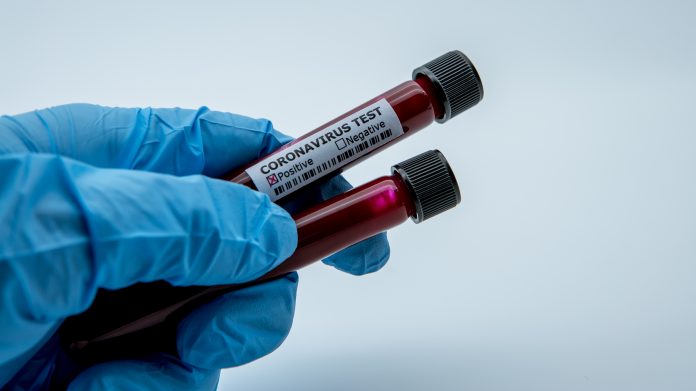Dr. Shivani Amdekar, Medical Director at Oxford Immune Algorithmics, believes deep immune monitoring could be the key to creating a Long COVID test
Has the COVID-19 pandemic ceased? Can we ever go back to life as we knew it?
Scientific understanding supports the view that the SARS-CoV-2 virus is unique in its potential to cause long lasting burden of disease compared to any other coronavirus and Long COVID currently affects millions of people globally.
10% of global population will have Long COVID
It is estimated 10% of the global population that experienced COVID infection will go on to develop Long COVID. Long COVID is currently defined as a syndrome comprising over 200 different symptoms in a remitting-relapsing pattern with variable degrees of severity and no correlation to the severity of the original COVID infection.
Globally, the scientific community is working hard to de-code Long COVID and anticipate future needs in healthcare with respect to supporting Long COVID sufferers.
The NHS has responded by establishing pop-up Long COVID clinics across the country for those worst affected. However, the resources allocated to these clinics are finite and cannot feasibly meet the needs of this growing patient group.
More research necessary for Long COVID outcomes
So, what’s the prospect for those who experience multiple, compounding low level symptoms, that may gradually erode away one’s quality of life, even though they may not be the worst affected?
It is prudent to mention the hidden consequences of Long COVID, which includes loss of employment and personal income, impact on family life, loss to the economy, a decline in quality of life and mental health, and so on.
How will our NHS support and rehabilitate this large patient group?
A relatively untapped field of medicine is the immune system. We are just beginning to scratch the surface in our understanding and ability to modulate it. For example, triple vaccination has blunted the acute impact of COVID infection in most cases, but we do not know whether the risk of developing Long COVID still remains, and our knowledge around this is nascent at best.
One way to advance scientific knowledge in this space is to collect longitudinal data on a large scale to uncover potentially important correlations which may translate to useful therapeutic solutions for Long COVID. Ultimately, If you don’t measure, you don’t know.
Using biomarkers could be route to Long COVID test
In this case, it means measuring specialised immune cells such as lymphocytes, inflammatory markers and targeted antibodies amongst other biomarkers. New blood testing technologies facilitate this process both accurately and relatively painlessly. This data could help to identify at-risk populations, provide intelligence for future COVID-19 policy, and refine future vaccine strategy.
At Oxford Immune Algorithmics we believe that this type of personal, precision deep immune monitoring has an important role to play, leveraging advanced AI and deep learning technologies.
We view this as a means to empower patients to better understand their own health, and use personalised data to address health related behaviours for better outcomes in a sustainable, equitable and affordable way.
Will the British people be willing to engage in personalised healthcare to improve Long COVID outcomes? We certainly hope so.
At-home precision immune monitoring as a public health solution
The pandemic saw the British public undertake at home molecular diagnostics when taking COVID tests. There now exists a heightened awareness around health in general, so with the correct education and support from public health institutions, we hope that at-home precision immune monitoring will be just as well received.
However, governance and ethical oversight are crucial, both to give clinicians and patients confidence, but also ensure that providers adhere to the highest standards. There is no doubt that Long COVID will present a tempting business opportunity for many health and wellness companies, and we saw a burgeoning of the COVID related industry in the pandemic.
At the heart of any such technology, though, should be evidence-based patient care. The delivery and adoption of these technologies must be conducted ethically, whilst engaging with relevant stakeholders including policy makers, clinicians, and regulatory bodies.
An improved understanding of Long COVID related immunology coupled with the potential of AI technology could not only relieve the burden on our NHS, but may also contribute to our understanding of future pandemics – and there will be another one.











